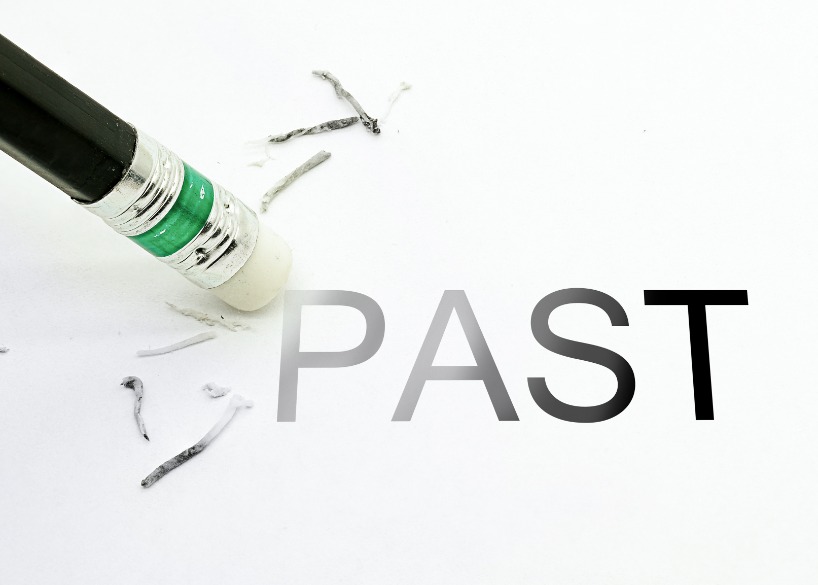
12/28/2022
What Is the New Hope Act?
Even after being released from prison, a criminal conviction can have a significant negative effect on a person's life. It may be more challenging to find housing, employment, volunteer opportunities, or even insurance policies if you have a history of criminal offenses, but a recent law in Washington state may help to break down these barriers.
Even after being released from prison, a criminal conviction can have a significant negative effect on a person's life. It may be more challenging to find housing, employment, volunteer opportunities, or even insurance policies if you have a history of criminal offenses, but a recent law in Washington state may help to break down these barriers.
The New Hope Act streamlines the process to overturn criminal convictions to assist those who have served time in prison in reintegrating into society. You might be able to get previous misdemeanor and felony convictions expunged from your record if you have a criminal history.
What Is the New Hope Act?
The New Hope Act, also known as Substitute House Bill 1041, was passed by the Washington State Legislature in 2019 unanimously. It was subsequently signed by Governor Jay Inslee on May 9, 2019, and it was then published as Chapter 331 of the Laws of 2019.
The New Hope Act makes it simpler for people with a criminal history to vacate their records. Vacating a criminal conviction involves the court dismissing the charges associated with the guilty finding, releasing the defendant from all penalties and restrictions associated with the charge, and removing the offense from the defendant’s record.
Before the New Hope Act, only ex-offenders found guilty of a specific offense could have their records sealed. These regulations made it challenging for people living in Washington who had a criminal history to reintegrate into society. When former prisoners are unable to find employment due to a criminal record, they are unable to pay fines or provide for themselves after being released.
These circumstances often force formerly-incarcerated people into reoffending, perpetuating a cycle that is difficult to break. However, under the New Hope Act, eligible prisoners may submit a petition to overturn their convictions as soon as they have paid all fines and court costs. You will still need a judge's approval to overturn the conviction.

What Crimes Are Eligible to Be Expunged?
You can apply to have both a misdemeanor and a felony conviction expunged under the New Hope Act. In the past, you could only expunge your most recent misdemeanor from your record. Now, you can petition to have any number of misdemeanors expunged. To expunge misdemeanors from your record, you will need to meet the following requirements.
- There is no no-contact order against you, and you haven't broken any no-contact orders in the previous five years.
- You haven't been found guilty of any crime in the last three years, or the last five years of domestic violence.
- You have complied with the conditions of your release for three years, or five years for a domestic violence conviction. This includes payment of fines and completing probation.
According to the New Hope Act, only specific felonies are eligible for expungement. Class A felonies are not expungeable. Certain violent crimes or crimes against children that are classified as Class B or Class C felonies cannot be vacated. However, the New Hope Act expanded the list of acceptable convictions by including second and third-degree assault charges as well as second-degree robbery crimes. You must fulfill the following conditions to have your felony conviction overturned.
- You have been out of custody for at least five years for a Class C felony, or ten years for a Class B felony.
- You have fulfilled the requirements for your release and paid all fines.
- You are not currently facing any charges.
Certificate of Discharge
The law also changed who could get a record expungement and made changes to how to get a Certificate of Discharge.
A Certificate of Discharge serves two purposes: it restores civil rights that were impeded by the applicant's felony conviction and serves as a court-approved record of the applicant's completion of their sentence requirements.
The Certificate of Discharge is significant because it permanently reinstates any civil rights that were violated as a result of the conviction, including the right to vote, the right to serve on a jury, and the right to run for public office. It effectively grants the ability to participate fully in civic affairs and restores a former offender to full citizenship. However, Washington has a different procedure for that; the Certificate of Discharge does not restore the right to possess a firearm.
The second value is related to the deletion of a record and gives the date on which the eligibility waiting period is calculated.
What Does It Mean to Have a Conviction Expunged?
When a conviction is expunged, the charges are dropped and the guilty verdict is thrown out. All punishments and restrictions related to the conviction being overturned are lifted, but you still have to go through a separate procedure to get your gun rights back. Your criminal record will no longer reflect the conviction, and you are free to respond that you have never been found guilty of the offense in question. The court record remains public, but the status of the charge changes from “guilty” to “vacated.”
Many people in Washington who had previously been convicted of crimes now have the opportunity to ask the court to overturn those convictions thanks to the New Hope Act. If you have a criminal record, you should consult with an accomplished expungement attorney to learn whether the New Hope Act may provide you with relief.
At Washington Record Expungement, we can assist you in petitioning the court to vacate a criminal conviction if you meet the eligibility requirements. Contact us today to learn more about the New Hope Act and information regarding the expungement process.

